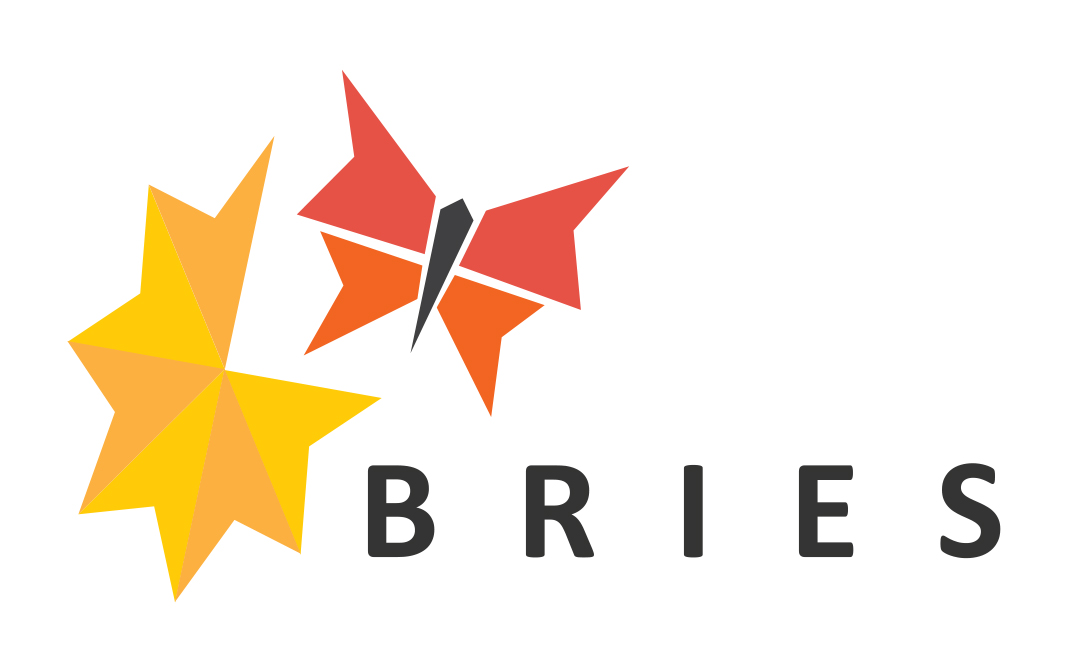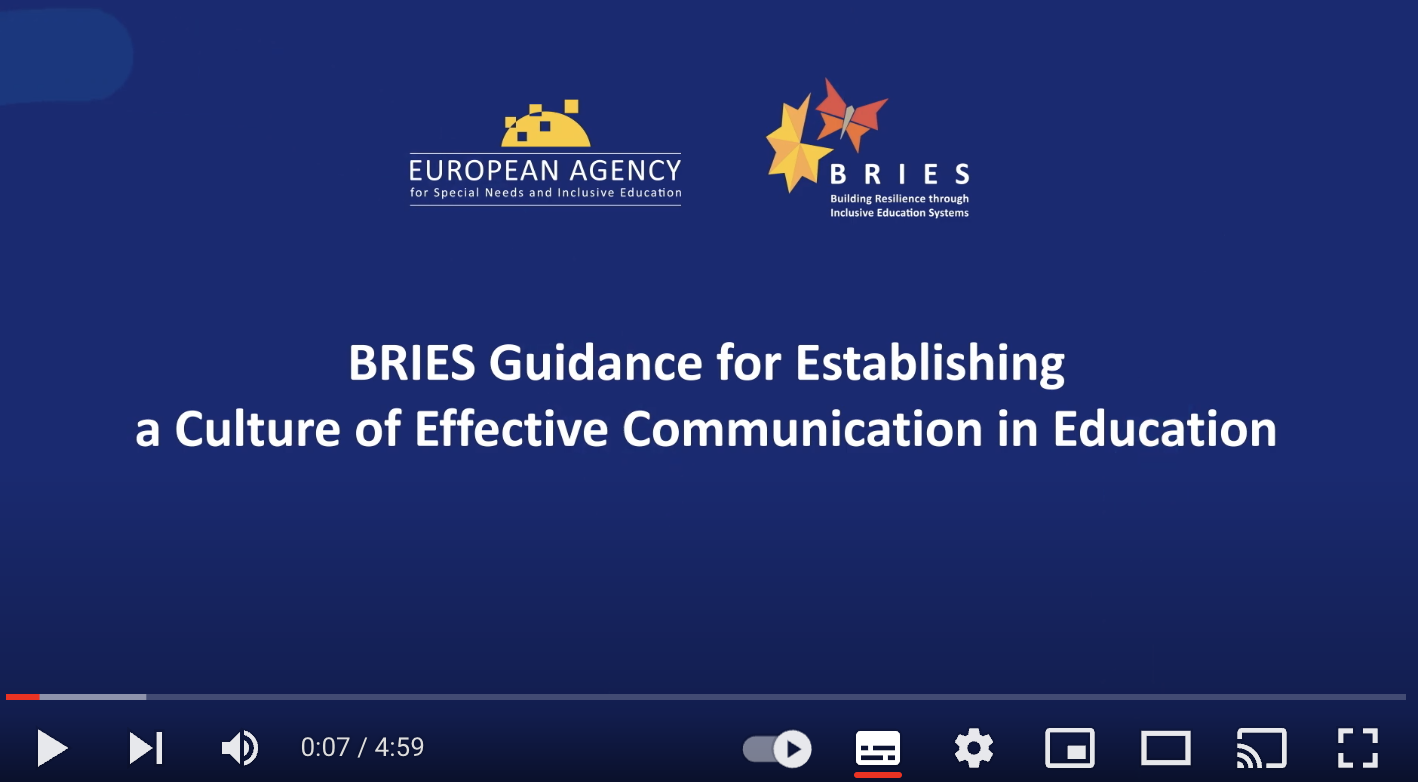The COVID-19 pandemic brought an unexpected global crisis with dramatic consequences for public health, the economy and society. Education systems have been experiencing major disruptions since March 2020 when most European countries restricted access to or closed schools.
Against this background, the Building Resilience through Inclusive Education Systems (BRIES) activity mapped how inclusive education systems in Europe were affected by the pandemic, the lessons learned, and how to turn the crisis into an opportunity to build resilience. Moreover, it explored how Agency member countries can improve co‑ordination within their education systems and with each other.
The activity ran from June 2021 – May 2024.
Activity framework
Published in 2021, The Impact of COVID-19 on Inclusive Education at the European Level: Literature Review showed that while education systems have adapted to the unprecedented changes caused by the COVID-19 pandemic, several challenges remain. The change from in-person to blended classes (combining face-to-face and distance learning) caused barriers in access to education for vulnerable learners; children’s, families’ and teachers’ well‑being has been seriously at risk; learning loss increased; the quality of teaching has been affected as digital and distance education require additional time, skills and resources.
Continuous assessment of the situation and a co‑ordinated and systematic exchange of practices at European level are still to be developed.
The BRIES activity aimed to facilitate the exchange of recent experiences among stakeholders acquired while managing the COVID-19 crisis in education.
Participants and target group
The main target group was policy-makers from Agency member countries. Wider stakeholder groups can also benefit from using the activity outcomes to design future emergency measures and to generally build more resilient education systems. Policy-makers participated in Phase 1 of the activity by providing input and feedback to the activity team during the collection of official country information.
Education stakeholders participated in peer-learning activities developed in Phase 2 of the activity. These included policy-makers, learners, parents and teachers, among others.
The peer-learning activities allowed education stakeholders to take an active role in exchanging experiences and reflecting on tools to help achieve more resilient education systems. Education stakeholders learned from each other through the exchange and benefited from the activity outcomes.
Aims
The BRIES activity’s overall goal was to analyse the pandemic’s impact on inclusive education systems in Europe. By inviting multi-level stakeholders from Agency member countries to collectively reflect on their education systems, the activity provided opportunities to learn from the crisis. It aimed to provide tools for schools, learners, teachers, parents, policy-makers and other stakeholders to react to future emergency situations.
The activity therefore focused on the responsiveness of inclusive education systems in European countries. To do so, it particularly assessed the pandemic’s impact on vulnerable learners and their learning paths, the adaptation of teaching methods, the changes in parents’ roles, the impact on well‑being and how to strengthen resilience.
Specifically, the activity aimed to:
- provide an extended overview of the current transformations of inclusive education in member countries and at European level;
- facilitate the exchange of recent experiences and knowledge acquired while managing the COVID-19 crisis in education;
- provide an overview of initiatives from education stakeholders;
- develop tools to tackle challenges for inclusive education emerging from potential crises.
Phase 1 included an analysis of the impact of COVID-19 on inclusive education across member countries and the identification of countries’ needs and topics to be further developed in peer-learning activities.
Phase 2 consisted of peer-learning activities developed in two rounds. Online and face-to-face meetings facilitated the exchange of experiences and knowledge acquired across different stakeholders and countries.
Outputs
-
The Impact of COVID-19 on Inclusive Education at the European Level: Literature Review, published in 2021, maps evidence and identifies acknowledged ways in which COVID‑19 impacted on education in general and inclusive education in particular at European and national levels.
-
Inclusive Education and the Pandemic – Aiming for Resilience: Key European measures and practices in 2021 publications. This report includes countries’ overviews of inclusive education measures to address the pandemic and key 2021 publications on the pandemic’s impact on inclusive education.
-
A mid-term report focuses on the methodology, processes and results of the peer-learning activities that were implemented in phase 2 of the activity between May 2022 and February 2023.
-
The BRIES Guidance for Establishing a Culture of Effective Communication in Education is the activity’s main output. The guidance aims to encourage decision‑makers (school leaders, policy-makers and public education authorities at all governance levels, depending on specific national contexts) to reflect on the communication structures and processes in place in their education systems.
-
A methodology and theoretical background report provides details of the conceptual framework – models and theories – used and methodology applied in the activity, specifically in developing the guidance.
-
An infographic presents elements from the guidance.


